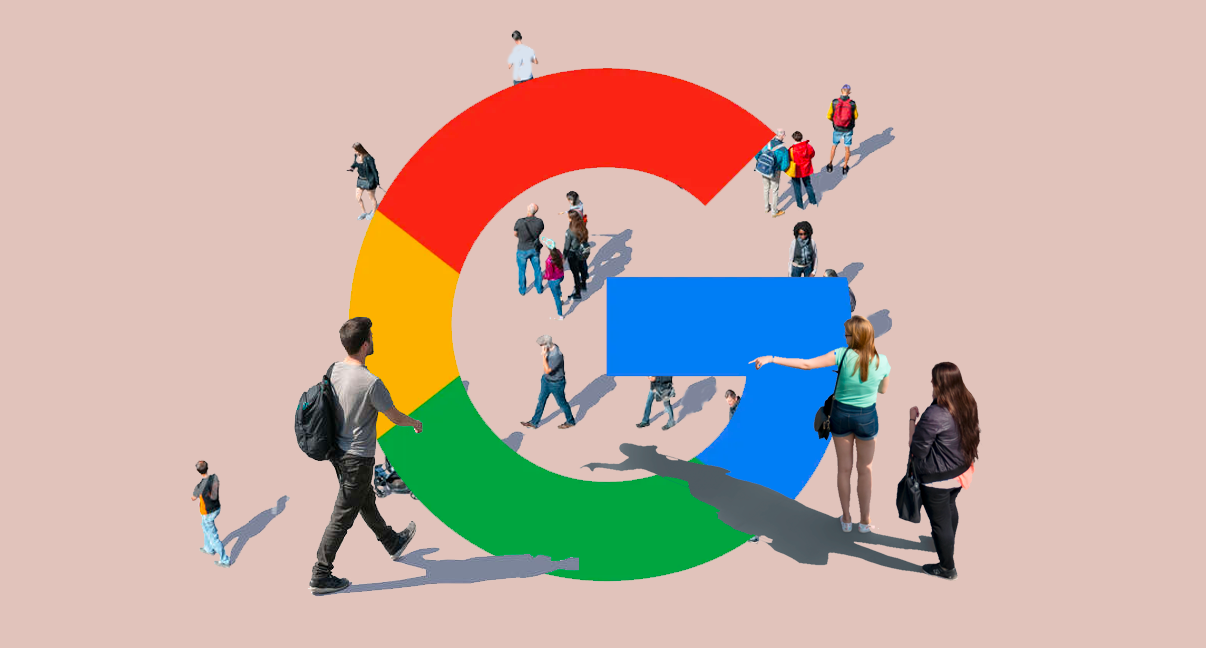
It can be difficult to understand exactly what Google looks for when ranking a site, and the factors you need to focus on to improve your SEO, rankings and web traffic.
Thankfully the Wonderful team have compiled an overview of Google’s 6 key ranking factors that impact your search engine rankings.
- On Page
- Keywords
- Content
- Authority
- Speed and Device Optimisation
- Links
On Page
On page factors refer to elements of your site such as metadata, headings and alt tags. All of these aspects are in your control, and are a key element in defining your website to Google.
Metadata
This includes elements such as titles and meta descriptions. Aside from defining how you appear in search engine results, these elements tell Google what your website is about and what you should appear for.
By using the keywords you want to rank for is a key part of optimising your website’s metadata.
Headings
H1, H2 etc headings are headings on your web pages that further inform Google about the nature of your website. These can be in the form of section headings on a page, with H1 being the most important.
Alt Tags
These elements help Google understand the images on your site. While Google is becoming increasingly advanced at understanding different types of content, it needs help to understand exactly what an image is depicting. By choosing relevant images and keyword optimising them, you inform Google what your content is about, and reinforce the keywords present in the metadata and headings on the page.
Keywords
The keyword aspect was partly covered in the previous section in the context of on page aspects. Keywords are a fundamental building block in defining your website and its content to users.
Aside from optimising metadata and on page factors, appropriate and sensible keyword use throughout your content aids Google’s understanding of your website.
However, excessive use of the keyword or keyword stuffing, once a widespread practice, is now likely to harm your chances of ranking for a particular keyword.
When writing keyword-optimised content, you may also want to consider using exact match and natural language to capitalise on the exact phrase the user is searching, and to capitalise on the opportunities in voice search. This may take the form of phrasing your keyword in the context of a question, or using more colloquialisms.
Content
Keywords shouldn’t be considered in isolation however. More important than making sure your content is keyword optimised is making sure the content has great value, is well-written and puts the user first.
Google’s algorithms have evolved from the days of merely scanning content for keywords. As quality content has become more and more important for businesses and Google, algorithms have evolved to consider the content’s broader value as being more important than how often a keyword appears.
Connected to this is need to create unique content. Duplicate content is heavily penalised by Google. In addition, making sure you create fresh content has been shown to influence rankings.
Key to creating good content is making sure you put the user before the algorithm.
Authority
How Google perceives your overall authority is another key ranking factor. Elements that contribute to your site’s overall authority ranking are the kind of content you produce, the quality and frequency of the content and a logical site structure.
Speed and Device Optimisation
As mobile becomes more and more important for Google and for users, the speed of your website and how it appears on devices is now a crucial ranking factor.
Poor loading speeds result in a bad user experience, as does poor mobile formatting. To maximise the chances of ranking for your target keywords, ensuring your site is fast and well optimised across devices and browsers is paramount.
Links
Despite the crackdown on low quality links, they remain an important factor in how Google perceives your site and how likely you are to increase your rankings.
Gone are the days when you could join link building networks, or create links through bots. Now Google looks for high-quality, high-trust natural links to your website. If they are from your niche, then this is even better.
In addition to links to your site, internal linking to your own website content is an important means of telling Google what content is the most important on your website.
While paid link building and guest blogging is now frowned upon as a high risk opportunity, links to, from and within your site are estimated to be one of the top 3 Google ranking factors.
———
Want to learn more about Wonderful? Take a look at our services, or get in touch with the team today at headoffice@bewonderful.co.uk or call 020 7112 9345 to see how we can help grow your business.
Latest posts

5 reasons why we still need Wonder in an AI driven world
As an agency, we are grappling with the role and application of AI within our daily business activities, our client offering, and our future growth

The Power of Purpose and Impact on Business Growth
In a marketplace increasingly driven by values and social consciousness, the role of purpose and impact in business growth has never been more critical.

Three key benefits of integrating a sense of Wonder within your brand & marketing strategies
We love creating Wonder. It’s our passion and forms our client mission. However, in an age where your customers and clients are bombarded with constant information and countless choices, capturing attention and building lasting connections has become increasingly challenging. We all have to work harder to capture people’s attention.